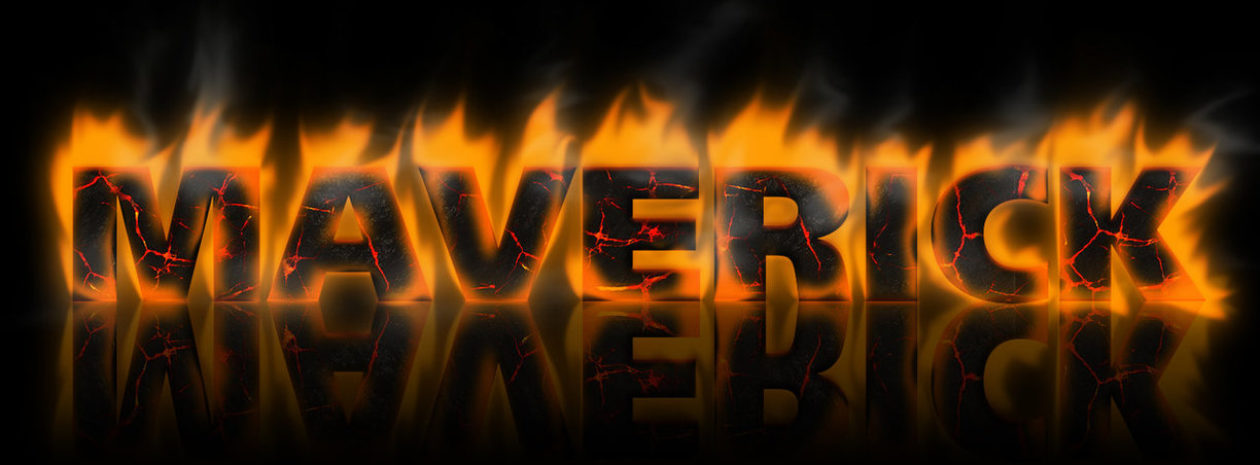
Wonder’s songs are renowned for being quite difficult to sing. He has a very developed sense of harmony and uses many extended chords utilizing extensions such as 9ths, 11ths, 13ths, b5s, etc. in his compositions. Many of his melodies make abrupt, unpredictable changes. Many of his vocal melodies are also melismatic, meaning that a syllable is sung over several notes. Some of his best known and most frequently covered songs are played in keys which are more often found in jazz than in pop and rock. For example, “Superstition”, “Higher Ground” and “I Wish” are in the key of E flat minor, and feature distinctive riffs in the E flat minor pentatonic scale (i.e. largely on the black notes of the keyboard).
Jeff Beck began working with Stevie Wonder and created the original drum beat for “Superstition” while in the studio with Wonder. After writing the song Wonder offered it to Beck to record, but at the insistence of his own manager Wonder himself recorded it first. Beck was instead offered “Cause We’ve Ended As Lovers,” which he recorded on Blow by Blow in 1975. Jeff Beck would later record his own version of “Superstition” as a part of the album Beck, Bogert & Appice.
But here, you will hear and see Jeff Beck play the song given him by Stevie Wonder “Cause We’ve Ended As Lovers” and observe the incredible musical talent of Tal Wilkenfeld as she plays a solo on her bass.
Tal Wilkenfeld
She also has her own band where she demonstrates her musicality using a fusion of writing styles as heard in this song: “The River

of Life” from her first album “Transformation.” Like many songs of this type, the chord arrangement is not complex, the elements of the song have lots of drama played with dynamic expression. The melody is estab
lished early with Tal on her bass, and then the song grows with inclusion of a saxophone solo that is laced with complex drum and bass playing dynamics. The piano lays down nice jazz chords to give the soloist space to play through. What starts as a calm song turns into a rambunctious, energetic tune.
Tal Wilkenfeld – bass
Wayne Krantz – guitar
Seamus Blake – tenor sax
Geoff Keezer .- piano
Keith Carlock – drums
Guest appearances by percussionist Samuel Torres and Bassist Oteil Burbridge




